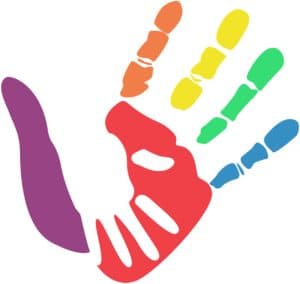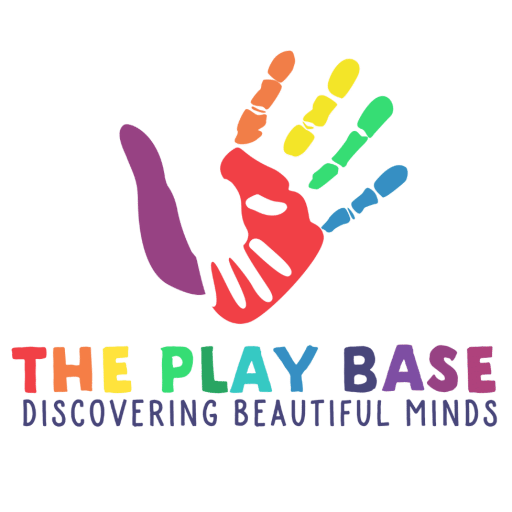Social skills are a fundamental part of navigating the world, whether it’s forming friendships, building relationships, or succeeding in the workplace. However, for many, especially individuals with autism, these skills can be difficult to develop. Applied Behavior Analysis (ABA) therapy is widely recognized as a key approach to fostering social skills in children and adults. By focusing on positive reinforcement and behavior modification, ABA therapy is helping individuals unlock their social potential. In this article, we’ll explore how ABA therapy works, its benefits, and why it’s such a powerful tool for social development.
How ABA Therapy Enhances Social Skills
ABA therapy focuses on breaking down social behaviors into small, teachable steps. This method makes complex social interactions easier to understand and master over time. Whether it’s understanding how to start a conversation, recognizing facial expressions, or learning to take turns, ABA therapy creates a structured environment where these skills can be practiced repeatedly with positive reinforcement.
Frances Fishman, founder of The Play Base and Board Certified Behaviour Analyst, explains, “ABA therapy allows individuals to practice social skills in a controlled and supportive setting. We start small—maybe with eye contact or simple greetings—and gradually build up to more complex interactions. The goal is to make these behaviors feel natural and comfortable for the individual, so they can apply them in their everyday life.”
Why ABA Therapy is Effective for Social Skills Development
One of the reasons ABA therapy is so effective in developing social skills is its focus on individualized plans. Each person’s needs are unique, and ABA therapy tailors its approach to target specific social challenges. Whether it’s difficulty in making friends, understanding body language, or learning to listen actively in a conversation, therapists develop custom plans to address these areas.
“By customizing our ABA therapy social skills programs, we ensure that each individual receives the right support at the right time,” says Fishman. “The incremental approach, combined with positive reinforcement, is what makes this method so successful.”
Therapists observe and track behaviors, which allows them to measure progress and adjust techniques to continue enhancing social growth. This personalized approach ensures long-term success and greater confidence in social settings.
Real-World Success Stories: ABA in Action
There are many stories of individuals who have seen significant social improvements thanks to ABA therapy. Children who once struggled with basic social interactions now enjoy playing with peers, while adults who faced difficulties in social situations have found ways to communicate effectively in professional and personal environments.
One mother shared her story: “My son had trouble making friends and understanding social cues. After just a few months of ABA therapy, I noticed him initiating play with other kids at the park. It’s been an incredible transformation.”
At The Play Base, these success stories are common. “We see so much growth in our clients,” Fishman says. “Children who once avoided eye contact are now holding conversations with their peers. That’s the power of ABA therapy—helping individuals unlock their potential in ways that were previously unimaginable.”
The Science Behind ABA Therapy
The principles of ABA therapy are based on decades of research. ABA uses evidence-based strategies to teach and reinforce behaviors, leading to lasting changes. The techniques are grounded in the idea that behaviors can be learned and improved over time with the right interventions.
Research has consistently shown that ABA therapy leads to significant improvements in social behavior for individuals with autism. Studies indicate that children who participate in ABA therapy show marked improvement in communication, emotional understanding, and social interactions.
“ABA therapy works because it’s data-driven,” Fishman explains. “We don’t just guess what might work—we collect data on each individual’s progress, which allows us to adjust the therapy plan to ensure continued growth.”
How Does ABA Therapy Work?
ABA therapy breaks social skills into smaller steps, allowing individuals to learn gradually while reinforcing positive behavior. For example, if a child struggles with maintaining eye contact, the therapist will create opportunities to practice this skill through games, rewards, or role-playing scenarios. Over time, the child becomes more comfortable with eye contact in real-world settings.
Some key skills taught in ABA therapy include:
- Recognizing and interpreting facial expressions
- Understanding social cues, such as tone of voice or body language
- Engaging in conversations, including how to start, maintain, and end a conversation
- Participating in group activities, such as playing games or sharing
- Learning appropriate responses in various social situations
At The Play Base, this approach is tailored to each individual’s needs. “We focus on the skills that are most important for each client,” says Fishman. “For some, that might be basic communication, while for others it could be learning how to handle more complex social situations, like group activities or conflict resolution.”
Who Can Benefit from ABA Therapy?
While ABA therapy is particularly beneficial for individuals with autism, anyone facing challenges in social skills can benefit from this approach. Children, teens, and adults can all make progress in understanding and mastering social interactions with the help of a trained ABA therapist.
Fishman adds, “ABA isn’t just for children with autism. We work with individuals of all ages who struggle with social skills—whether it’s making friends, navigating work environments, or even dealing with anxiety in social situations. The principles of ABA can be applied in many contexts to help people build confidence in their interactions.”
Finding Affordable and Effective ABA Therapy
For many families, affordability is a concern when seeking therapy. However, there are options available for finding the best ABA therapy for social skills without breaking the bank. The Play Base, for example, offers affordable ABA therapy services tailored to different needs, including flexible scheduling and consultation options.
Whether you’re searching for “ABA therapy services near me” or “book ABA therapy sessions online,” it’s important to find a provider that offers a comprehensive social skills program that fits your needs. Many centers, including The Play Base, offer consultations to assess the individual’s challenges and create a customized therapy plan.
Take the First Step to Unlocking Social Skills
If you or a loved one is struggling with social skills, ABA therapy can be the solution you’ve been searching for. Whether it’s overcoming social anxiety, improving communication, or simply learning how to connect with others, ABA therapy has the power to transform lives.
Fishman encourages families to take the first step: “The sooner you begin ABA therapy, the sooner you’ll see progress. Every individual has the potential to thrive in social situations, and we’re here to help them get there.”
Ready to start the journey? Contact us for an ABA therapy consultation for social skills today, and let The Play Base help unlock the social potential within.









